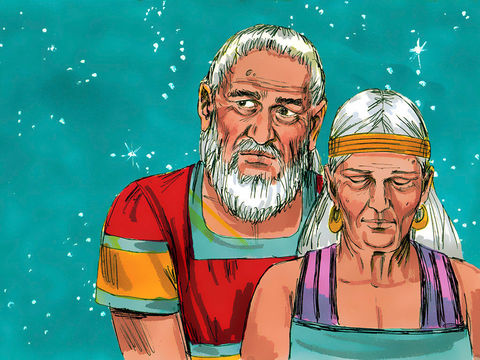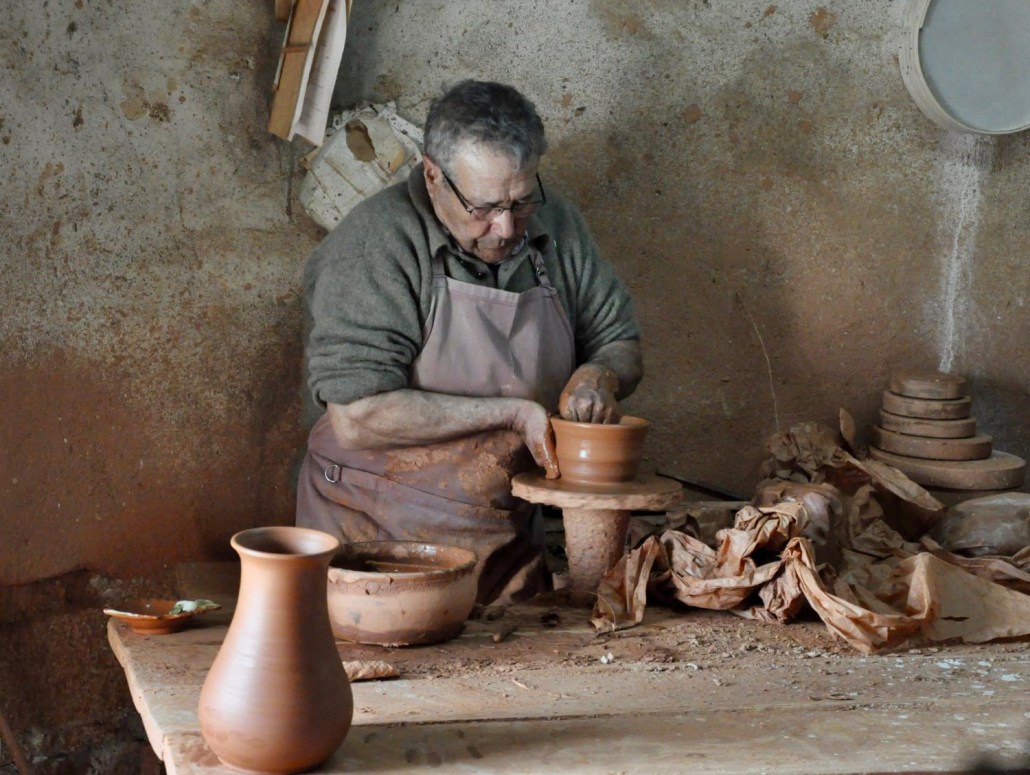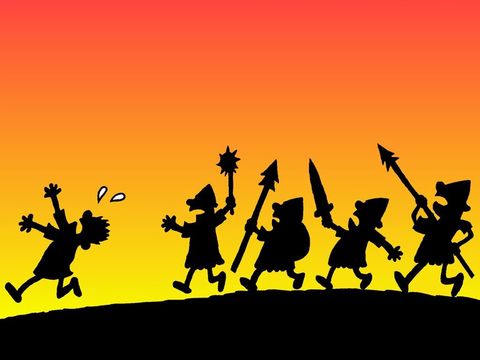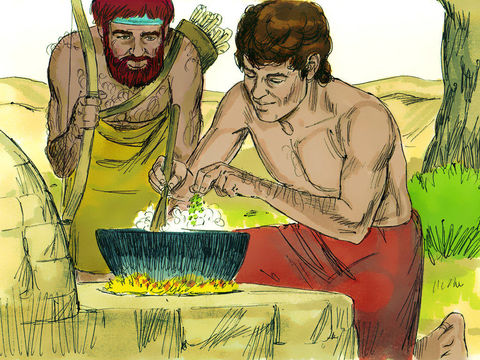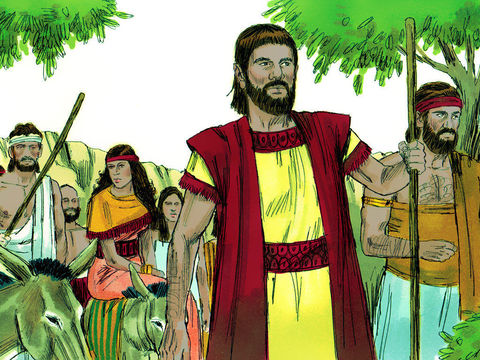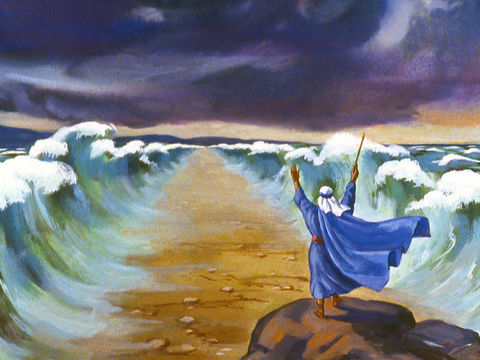Children’s Bible Program – Level 2: Lesson 26 “Jacob Flees to Padan Aram”
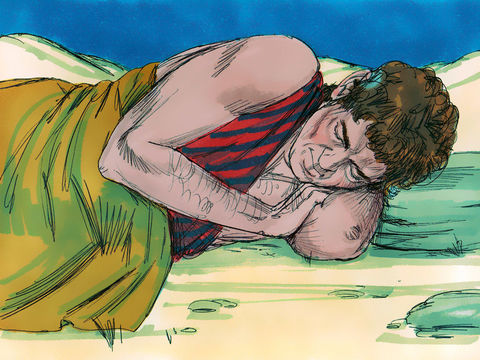
Read Together: Esau despised Jacob for tricking him, and Rebekah, their mother, discovered his plot to kill him. Rebekah advised Jacob to go to her brother Laban’s home and stay there until Esau had calmed down. Now Isaac and Rebekah were not pleased that Esau had taken Hittite women as wives, so Isaac told Jacob to take a wife from his uncle’s daughters in Padan Aram. Jacob set out from Canaan to the land of Haran with nothing but his staff. On his way, Jacob stopped for the night, and he had a very strange dream while sleeping under the stars. He dreamed there was a ladder that reached from heaven to the earth with angels going up and down. God spoke to him in the dream and gave Jacob the same promises that He had made to Abraham and Isaac. God promised to give him the land of Canaan and to multiply his descendants. God promised to be with him and to bring him back safely to the land. Jacob was filled with awe! He anointed the stone where he slept and called the place Bethel, which means house of God. For his part of the covenant, Jacob promised to obey God and to tithe to Him. Jacob completed his journey, arriving at his uncle Laban’s home in Padan Aram.
Read Together: Genesis 27:41-46; 28:1-22; 29:1-13
Discuss:
- Esau was very angry with Jacob and thought to kill him. Discuss with your child how thoughts become actions, and we must learn to control our thoughts. One strategy is to replace bad thoughts with good ones; we can also pray for anyone we may have bad thoughts about. How could Esau apply this?
- Explain to your child that most dreams do not have any meaning; they are just dreams. Jacob’s dream was special and God caused him to understand that.
- Discuss with your child what a tithe is.
- Remind your child that Haran is the place where Abraham and Sarah lived before their sojourn in Canaan; it is near modern day Syria. Laban was Rebekah’s brother, but he was also the son of Abraham’s nephew Bethuel.
- Point out to your child that Bethel is an important place in biblical history and that we will hear more of it in future Bible studies.
Review Memorization:
Genesis 27:29 “Let peoples serve you, and nations bow down to you. Be master over your brethren and let your mother’s sons bow down to you. Cursed be everyone who curses you, and blessed be those who bless you.”

